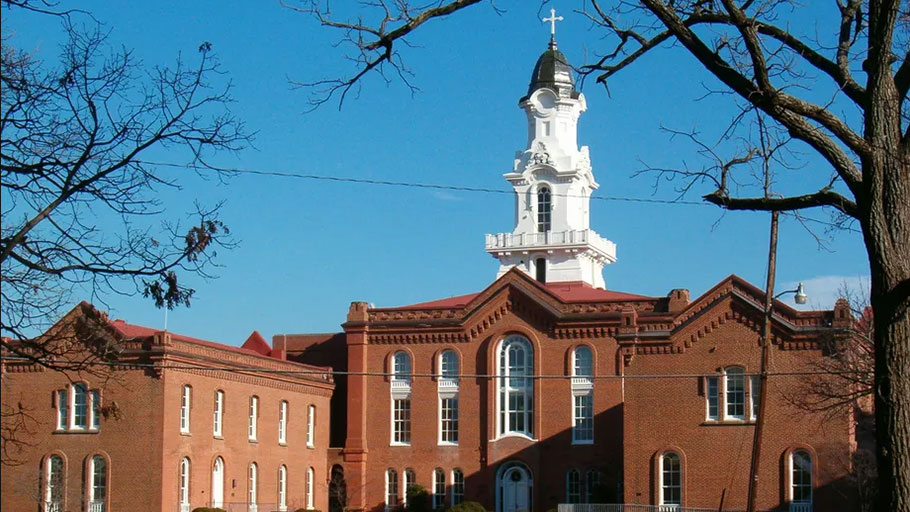A growing number of schools have started to look into reparations and restitution for descendants of the enslaved. But most of these schools have stopped short of supporting actual funds to provide compensation, instead launching studies to better understand how they profited or otherwise benefitted from the use of enslaved labor.
These efforts have led to initiatives like Universities Studying Slavery, a University of Virginia-led consortium of roughly 50 schools that examines the history and legacy of slavery and its continued impacts in the present. Individual schools have also looked into the matter; earlier this year at the University of Virginia, for example, a genealogist began working to identify and find the descendants of some of the 4,000 slaves estimated to have worked on the university’s campus before 1865.
There have also been student-led initiatives demanding universities make some sort of sustained effort to provide restitution to the descendants of the enslaved. The effort that has gotten the most attention in the past few months came from students at Georgetown University, where students voted in April to pass a referendum adding a $27.20 student fee for every student starting in the fall of 2020.
The fee, which is a reference to the 272 enslaved people owned by the school’s Jesuit founders and sold to settle the school’s debts, would be used to create a $400,000 fund to assist organizations supporting the descendants of the 272 enslaved men and women.
The Georgetown student referendum, however, is non-binding, and the decision to implement the fee is ultimately up to the university’s board of directors. So far, the school has not made a public announcement about whether or not it will actually enact the student referendum.
Other student-led efforts to demand a reparations program are underway at the University of Georgia, where a coalition of students, faculty, and activists have called for the school to provide reparations, as well as do things like creating a center on campus exploring the university’s ties to slavery and pay university workers a $15 minimum wage to address a “massive racial wealth gap.”
The call comes months after the University of Georgia faculty released a report showing that an area on campus was once used as a burial site for the enslaved. In August, the university announced that it had set up a $100,000 research fund to support projects that aim to understand the school’s connections to slavery.
And in New Jersey, students at Princeton Theological Seminary are calling for the school to take the next step after releasing a report on its founders’ connection to slavery by providing reparations.
In Virginia, the announcement of the $1.7 million fund has drawn national media attention, serving as the latest example of how institutions of higher education are reckoning with the specific ways that they benefitted from slavery. But even as Virginia Theological Seminary moves forward with its fund, reparations experts like Duke University’s William Darity say that reparations need to be seen as a national effort, and will have the largest impact when they are adopted at the federal level and are national in scale.
”What complicit institutions should do is use their resources to craft a lobbying organization that would put before Congress the case for reparations for the black descendants of all persons who were enslaved in the United States,” Darity told CNN.
But Thompson, the Virginia Theological Seminary minister whose office will oversee the reparations fund, says the school’s program is still an important step. “The commitment of these financial resources means that the institution’s attitude of repentance is being supported by actions of repentance that can have a significant impact















